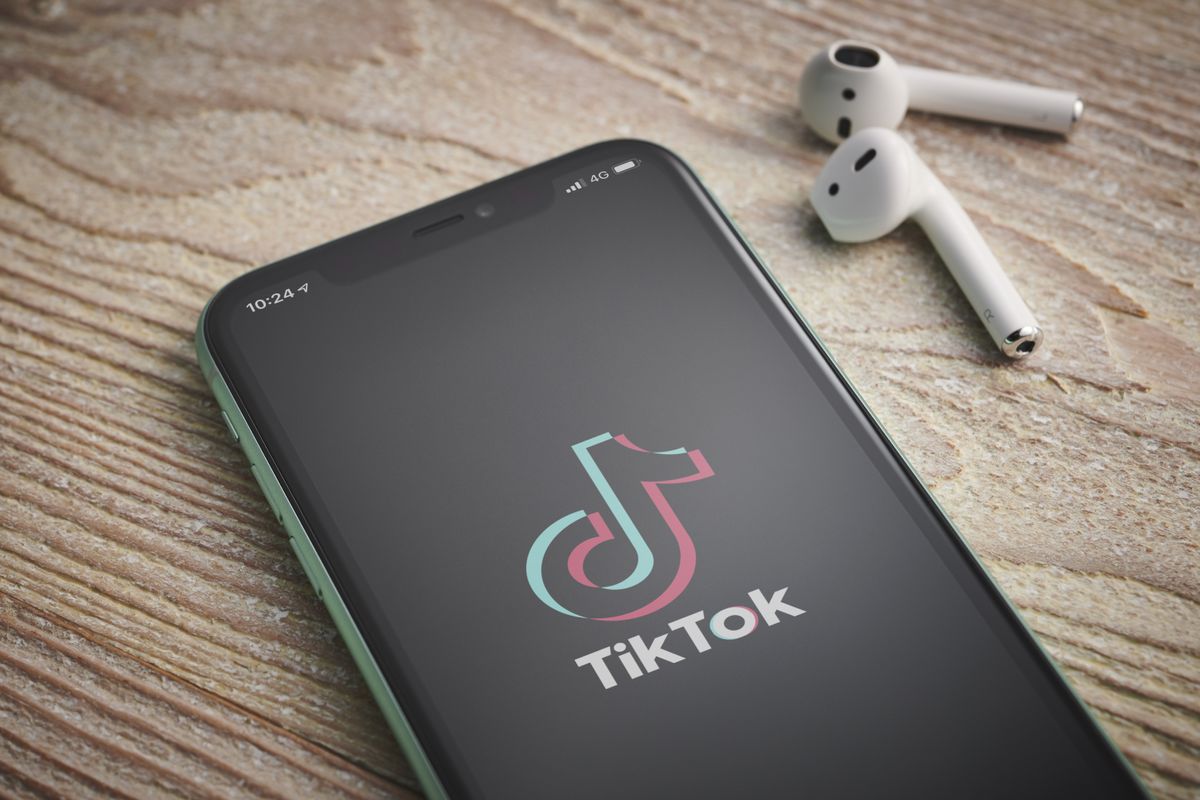TikTok finally admits beauty filters impact sense of self, limits feature for teens
Users under 18 will soon lose access to "beauty" filters while others will be labeled as altered

After a commissioned study highlighting the impact of beauty filters on self esteem, social platform TikTok will soon limit access to certain filters for teenage users. In an update at the company’s European Safety Forum, the company said that it would soon roll out limits to “appearance effects” for users under the age of 18.
The decision comes as a result of a study TikTok commissioned with Internet Matters, a UK-based nonprofit organization. The study, published on November 26, highlights how the surveyed teenagers and parents felt the social media platform’s tools impacted online authenticity.
“There was a consensus among teens and parents that beautifying filters contributed to a distorted worldview in which perfected images are normalized and authentic visual presentation is rarer,” the published study reads. “There were some concerns that this negatively impacts both those using the filters and those viewing the images – the latter because they could not always tell that an image has been altered.”
TikTok’s response to the finding is threefold. First, the social platform will begin limiting the use of some appearance effects for users that are under the age of 18, a change that is expected to roll out in the coming weeks. The move doesn’t affect filters designed to be humorous such as adding bunny ears, the company notes, but only those designed to alter the users appearance in a way that some may not realize a filter was used at all.
Second, TikTok says it will also begin supplying more information over whether or not an effect has been used and how the filter can change the appearance. This is in an effort to label the filtered videos created by those over 18.
Finally, the company says it is working to update resources for those tasked with developing TikTok effects.
The limitation on access to beauty features comes among a list of updates announced during the European Safety Forum, which will also include additional tools to detect accounts suspected to belong to someone under 13.
Get the Digital Camera World Newsletter
The best camera deals, reviews, product advice, and unmissable photography news, direct to your inbox!
I’m both a photographer and mother to a daughter. As such, one of my biggest pet peeves is the over-filtered images increasingly saturating my feed with unrealistic, pore-less skin. These unrealistic filters that anyone can use feel far more dangerous than Photoshop in the hands of a professional with some semblance of a conscience.
I understand wanting to remove acne, but removing all semblance of pores not only sets unrealistic beauty expectations but makes an image look cartoonish. In fact, one of the ways that I spot AI-generated images is by looking for things like a lack of texture. The overuse of beauty filters can make even real camera-captured images feel fake and computer generated.
TikTok’s limitation and labeling of such filters designed to fix “perceived imperfections” is a start. But fighting for authenticity on social media will need to go much farther than labeling and limiting a few filters.
Ready to fully embrace authenticity? Do it with the best instant cameras or the best film cameras, no edits needed.

With more than a decade of experience reviewing and writing about cameras and technology, Hillary K. Grigonis leads the US coverage for Digital Camera World. Her work has appeared in Business Insider, Digital Trends, Pocket-lint, Rangefinder, The Phoblographer and more.